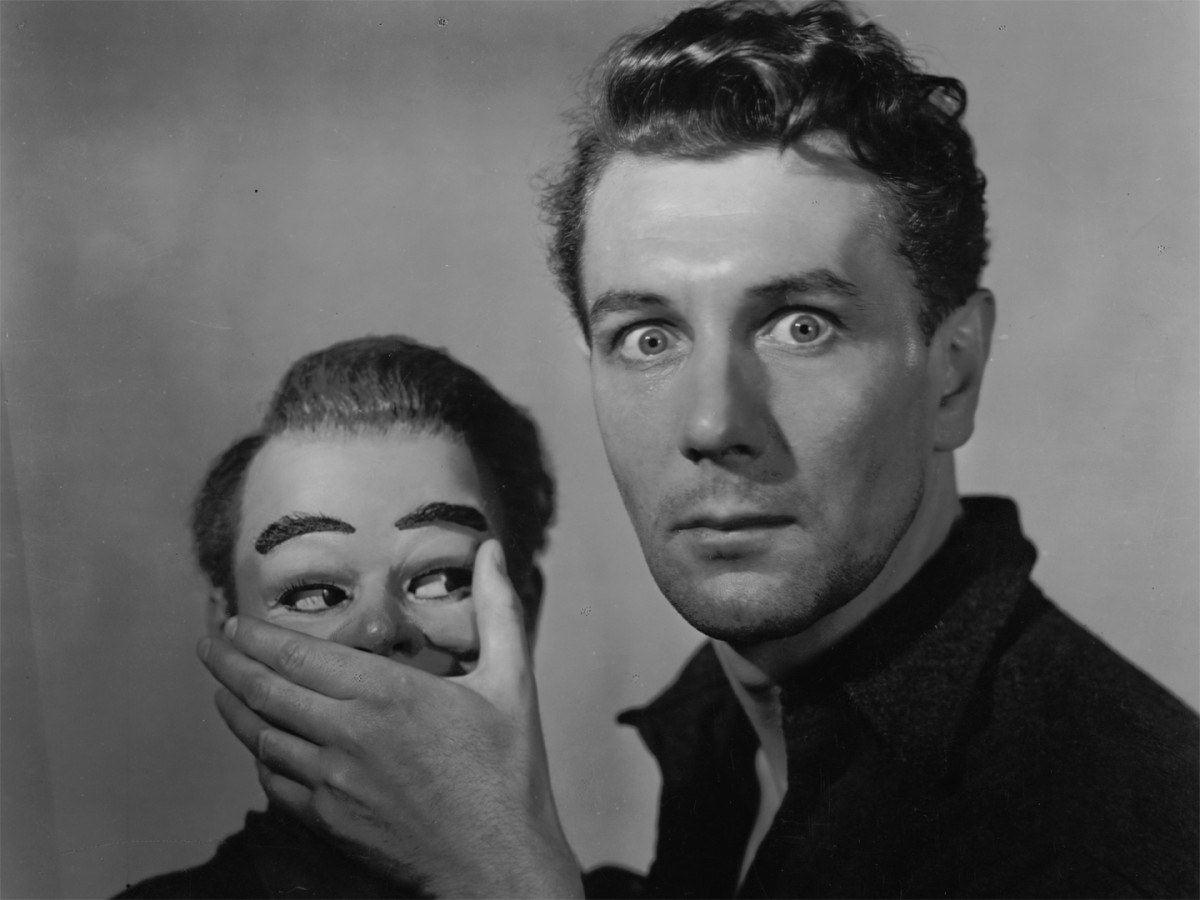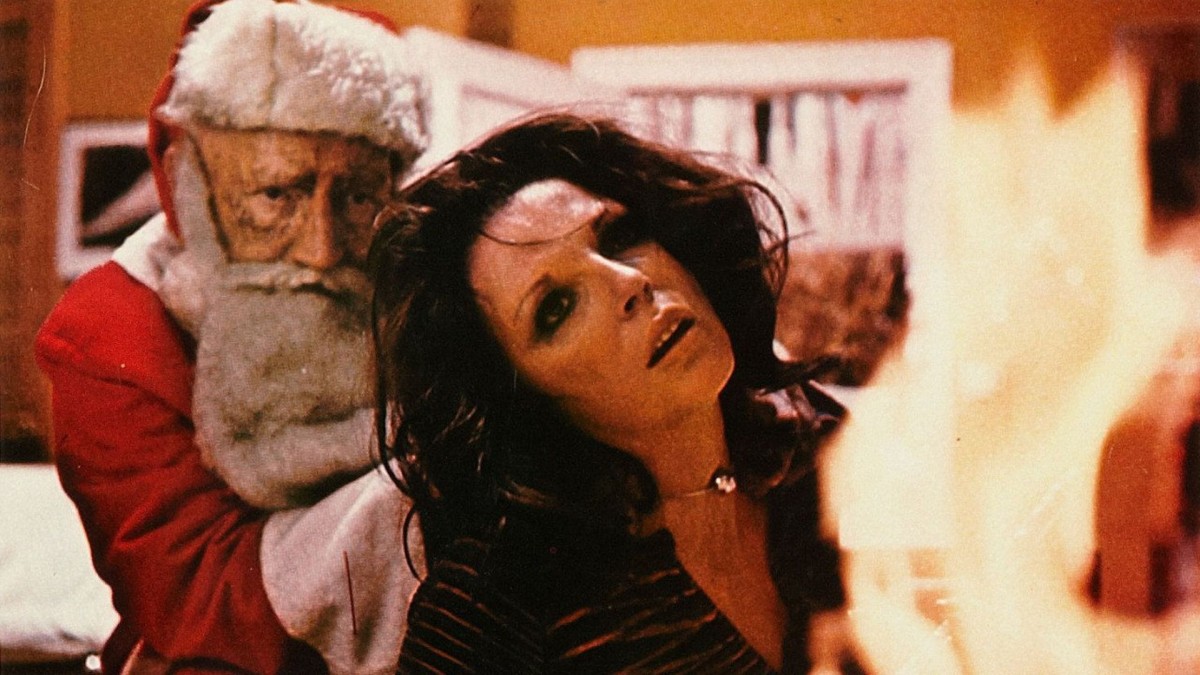USA. 2020.
Crew
Director – David Gregory, Producers – David Gregory & Kier-La Janisse, Music – Mark Raskin. Production Company – Severin Films.
With
Ashim Ahluwalia, Chris Alexander, Joko Anwar, Mariano Baino, Simon Barrett, Adrian Garcia Bogliano, Douglas Buck, Heather Buckley, Jeff Burr, Ramsey Campbell, Wayne Coe, Kevin Connor, Roger Corman, Rob Cotterill, Luigi Cozzi, Joe Dante, Mitch Davis, David DeCoteau, David Del Valle, Ernest R. Dickerson, Mattie Do, Art Ettinger, Michael Felsher, Larry Fessenden, Mick Garris, Mark Gatiss, Ted Geoghegan, Jane Giles, Michael Gingold, Buddy Giovinazzo, Joshua Grannell, David Gregory, Bruce G. Hallenbeck, Mark Hartley, Graham Humphreys, Karim Hussain, Kier-La Janisse, Jeremy Kasten, Kevin Kölsch, Nicholas McCarthy, Maitland McDonagh, David McGillivray, Rebekah McKendry, Mike Mendez, Alok Mishra, Bob Murawski, Kim Newman, Greg Nicotero, Marcelle Perks, Jennifer Reeder, Amanda Reyes, Eli Roth, Mark Savage, Tom Savini, Darin Scott, Amy Searles, Reece Shearsmith, Gary Sherman, Graham Skipper, Richard Stanley, Travis Stevens, Peter Strickland, Tim Sullivan, Ant Timpson, Brian Trenchard-Smith, Stephen Volk, Jovanka Vuckovic, Jake West, Jenn Wexler, Dennis Widmyer, Brian Yuzna
Tales of the Uncanny: The Ultimate Survey of Anthology Horror comes from David Gregory. Gregory’s body of work consisted of some 200+ Making Of shorts for dvd extras of releases of genre films. Gregory has also made several full-length documentaries with the fascinating Lost Soul: The Doomed Journey of Richard Stanley’s Island of Dr. Moreau (2014), followed by Blood and Flesh: The Reel Life and Ghastly Death of Al Adamson (2019), this, Enter the Clones of Bruce (2023), Taste the Blood of Martin (2023) and Suzzanna: The Queen of Black Magic (2024). Gregory had previously made the horror film Plague Town (2008) and was producer of and directed one of the segments on the multi-director horror anthology The Theatre Bizarre (2011). In addition, Gregory has also served as a producer on Color Out of Space (2019) and Birdemic 3 – Sea Eagle (2022). Gregory introduces Tales of the Uncanny with Kier-la Janisse, who also co-produces the film, for whom Gregory produced the documentary Woodlands Dark and Days Bewitched: A History of Folk Horror (2021).
The anthology is a regular length film that is made up of several different stories as opposed to a single story like most films. Usually this will come with some wraparound like a narrator who is telling the stories. I have a listing of such works here at Anthologies, although it should be pointed out that the anthology is not limited to the horror genre as there are numerous science-fiction, fantasy and non-genre examples.
With Tales of the Uncanny, Gregory devotes a whole documentary to the phenomenon of the horror anthology. The film is subtitled The Ultimate Survey of Anthology Horror, meaning that Gregory and Kier-la Janisse survey various horror filmmakers and experts as to their favourite anthologies and individual episodes. The film culminates with the results of the vote, giving a Top 5 anthology film list and a dream list of the Top 5 individual episodes.
As they recount in their introduction, Gregory and Kier-la started out making the film but then faced the Covid pandemic. However, this proved fortuitous in that it meant that they were able to interview more people during the lockdown. A total of 67 people appear, including clips from Gregory and Kier-la. The complaint that could be made is that the number of interviewees means that each interview is trimmed to a minimum and then we skip onto the next film or interviewee when you really want to hear more – it is a documentary that could easily be twice its length.

David Gregory’s other films are in-depth examinations of filmmakers and film stories, but the survey aspect makes Tales of the Uncanny a less interesting prospect. This just consists of a bunch of people interviewed and listing their favourite films, which makes it little different to the far more middle-of-the-road In Search of Darkness: A Journey Into Iconic ‘80s Horror (2019) and sequels. Moreover, almost none of those interviewed offer any inside accounts of the making of their film. That said, Gregory manages to have his cake and eat it too in that Tales of the Uncanny is both a history of the genre and an informal survey with people talking about their favourites.
There are efforts to trace the origins of the anthology back to Edgar Allan Poe and travelling German puppet spiels but the film quickly skips over these. We get to the first filmed anthologies, the silent German Eerie Tales (1919) and Waxworks (1924) and then the first Hollywood venture Flesh and Fantasy (1943) and the now lost Dr Terror’s House of Horrors (1943), a compilation that was made up of cut versions of feature films.
We then come to the influential British Dead of Night (1945), which everybody speaks of highly, especially the eerie The Ventriloquist’s Dummy episode, along with praise for the film’s unique wraparound structure. (Dead of Night features prominently in the survey poll results at the end of the film). We continue through mention of other oddities – the French Histoires Extraordinarie (1949) and the Orson Welles-starring Three Cases of Murder (1954) to arrive at Roger Corman’s Edgar Allan Poe anthology Tales of Terror (1962) – Brian Yuzna calls The Black Cat segment the perfect synthesis of comedy and horror – and the Poe influenced Twice Told Tales (1963). The anthology gains strength in the 1960s with the extraordinary beauty of the Japanese Kwaidan (1964). Although the greatest praises goes out to Federico Fellini’s sole venture into horror with the Toby Damnit, or Don’t Bet Your Head to the Devil segment of Tales of Mystery and Imagination (1968). The other work of this era to gain great praise is Mario Bava’s Black Sabbath (1963), with the A Drop of Water segment also getting a placing in the end poll.
The film hits its stride with extended discussion given over to the anthologies produced by UK’s Amicus Films beginning with Dr Terror’s House of Horrors (1965). Amicus successfully mined the horror anthology a number of times with Torture Garden (1967), The House That Dripped Blood (1970), Asylum (1972), Tales from the Crypt (1972), The Vault of Horror (1973) and From Beyond the Grave (1974). Background is given on producers Milton Subotsky and Max J. Rosenberg and each of the films are detailed at length. Due praise is given to frequent Amicus collaborators such as writer Robert Bloch and director Freddie Francis. Praise goes to Asylum and especially to Tales from the Crypt and individuals segments of the latter, All Through the House, Poetic Justice and Blind Alley. Especially singled out is From Beyond the Grave, the point when Amicus seemed to get everything right. From Beyond director Kevin Connor is interviewed and is one of the few who gets to talk about the making of his film. There is surprising praise given for a couple of usually dismissed Subotsky-produced post-Amicus anthologies The Uncanny (1977) and The Monster Club (1980).

The film also covers televised anthologies. The greatest criticism of the film would be that The Twilight Zone (1959) and The Outer Limits (1963-5) are mentioned in passing, along with other shows of the era like Alfred Hitchcock Presents (1955-65) and Thriller (1960-2), but disappointing little is given over to discussing the landmark influence that these shows, particularly the former two, have cast over anthologised genre material. The main focus of the tv anthologies are the tv movies of the 1970s, in particular the popular favourite of Dan Curtis’s Trilogy of Terror (1975) and its Amelia episode and Curtis’s subsequent Dead of Night (1977).
Everyone has praise for Creepshow (1982), even some for the generally dismissed Creepshow II (1987). The film skips over, briefly alighting on some of the entries from the 1980s and 90s – Twilight Zone – The Movie (1983), From a Whisper to a Scream (1987) and Tales from the Hood (1995), among others. A little bit of time is spent on the tv anthologies of the 1980s – Tales from the Darkside (1983-8), Monsters (1988-91) and Tales from the Crypt (1989-96).
The modern anthology revivals – The Theatre Bizarre (2011), which had an episode directed by David Gregory, The ABCs of Death (2012), V/H/S (2012), Holidays (2015), XX (2017) and tv’s Inside No. 9 (2014- ) are quickly rushed through and little said about them, even though their directors are the most numerous of the interviewees in the film. Tales of the Uncanny is a film that could easily have run twice the length it does (104 minutes), if not longer. The amount of material covered almost cries out for it.
Trailer here

